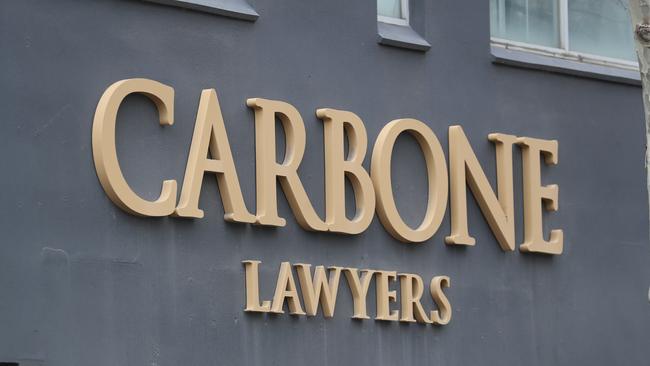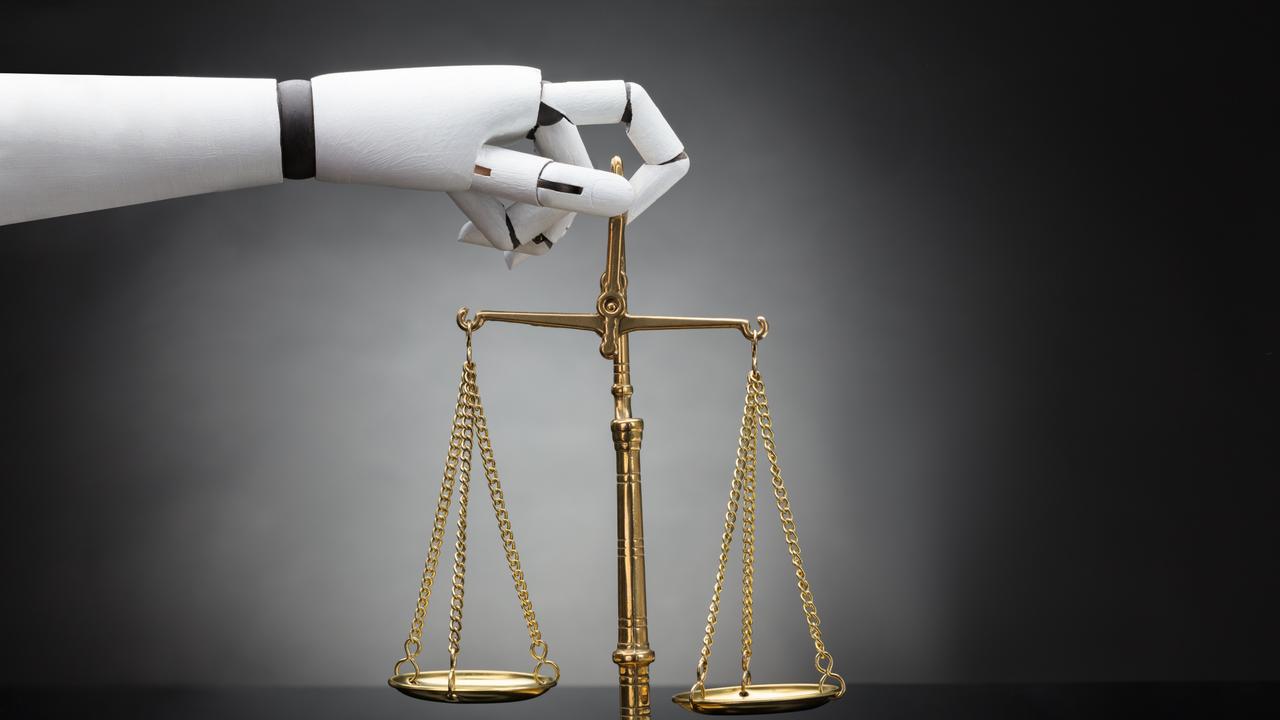TGA launches review into ventilators and CPAP devices after Philips recall
The nation’s medicines regulator has launched a review into ventilators and CPAP devices in a bid to prevent deep lung tissue damage from faulty products.

The nation’s medicines regulator has launched a review into ventilators and CPAP devices in a bid to prevent deep lung tissue damage from faulty products.
The Therapeutic Goods Administation quietly sought details from some of the country’s largest medical device firms after European manufacturer Philips recalled its products citing health risks including cancer from degraded sound-reducing foam.
The TGA review comes as almost 2000 litigants who fear their health has been compromised by the Philips ventilators have their first day against the company in the Federal Court on Tuesday. The ventilators, CPAP machines and other products treating sleep conditions were recalled in June.
The TGA has requested details about the type of soundproofing material used and risk assessment and mitigation strategies from manufacturers of ventilators, CPAP and BiPAP devices.
ASX-listed ResMed and Fisher & Paykel Healthcare both sell ventilators and CPAP devices.
A ResMed spokesman said the company had responded to “all the questions raised by regulatory agencies promptly and thoroughly, including the TGAs”.
“To date, no regulatory agency has raised any concern about the safety and efficacy of ResMed devices,” he said.
Philips found that the polyurethane foam used within the machines to muffle noise had the potential to degrade and release small particles, which were then inhaled by users.
Many of them subsequently complained of irritated airways and other health problems, but there are fears that ingesting the material may also cause cancer.
It is estimated that about 400,000 of the units have been sold in Australia since 2009. Costing about $2000-$2400, they were used at home to assist people suffering from sleep apnoea.
The lead litigant in the case, 57-year-old Adelaide resident Peter Lewis, used the REMstar and DreamStation sleep ventilators between 2014 and 2020.
According to court filings, use of the machines caused Mr Lewis to suffer loss of smell and taste, respiratory tract irritation, shortness of breath, coughing, inflammation, migraine headaches, dizziness, nausea, vomiting, stress and anxiety. The problems were so severe they forced him to cease work as a senior manager at a humanitarian aid group, he said.
Earlier this year, Mr Lewis said he had spent $45,000 on medical bills after coughing up phlegm every day for the last five years.
Carbone Lawyers is overseeing the legal action, which alleges that each of the plaintiffs sustained injuries and psychological trauma.
Philips has not yet entered a defence in the matter.
A spokesman declined to comment about the legal battle, but said the company had “commenced the corrective action, starting with distribution of certain sleep therapy devices to registered patients and customers”.
More than 100 lawsuits have been filed against Philips in the US state of Pennsylvania – where the company has its main manufacturing facility – after 3 million machines were recalled.



To join the conversation, please log in. Don't have an account? Register
Join the conversation, you are commenting as Logout